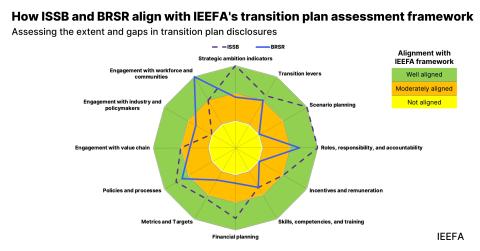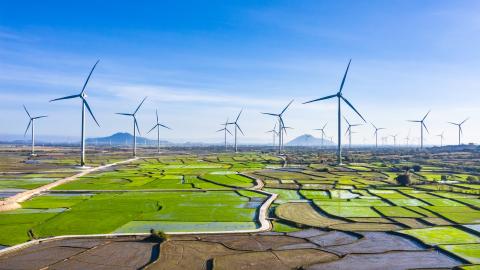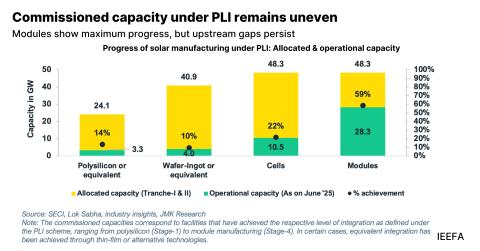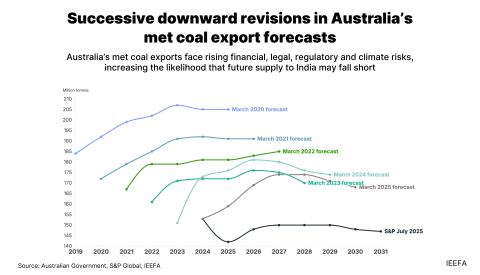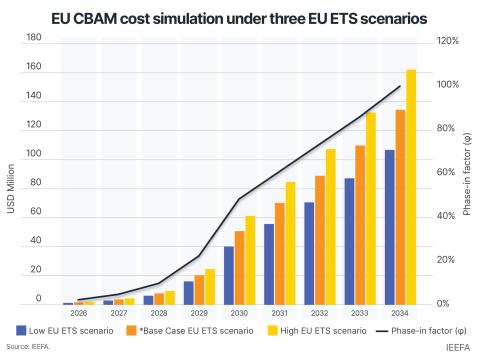Key Findings
The Canadian government is taking the extraordinary step of buying and owning the pipeline project in order to preserve jobs associated with the project and to bolster the export prospects of oil sands producers. The pipeline would increase the capacity to export oil from the West Coast from 300,000 barrels per day to 890,000 barrels per day.
The government of Canada has agreed also to maintain a $1 billion project reserve in order to comply with insurance requirements.
IEEFA estimates that transaction costs could increase the FY 2019 deficit by $6.5 billion, or 36%.
Executive Summary
The government of Canada has decided to purchase the incomplete Trans Mountain pipeline system from Houston-based Kinder Morgan in hopes of ensuring that this particular piece of Canada’s oil industry infrastructure is completed. The Canadian government is buying the unfinished pipeline at a high price and will likely resell it for far less than it will pay to complete it. As a fiscal matter, the Canadian government will lose. As a financial matter, Kinder Morgan Inc. will gain.
The Institute for Energy Economics and Financial Analysis estimates that this transaction and the cost of further planning and construction will require a $6.5 billion unplanned expenditure to Canada’s budget during FY 2019. It will increase Canada’s projected deficit of $18.1 billion by 36%, to $24.6 billion. The transaction risks an increase in Canada’s annual deficit in FY 2020, too, reversing a deficit reduction trend that supports Canada’s strong recovery, sound fiscal position and excellent credit rating.
- Kinder Morgan Inc. and its Canadian subsidiary, Kinder Morgan Canada Limited, will share $3.89 billion from the sale of the pipeline to the Canadian government. IEEFA estimates that the return on outlay will total 637%.
- Kinder Morgan’s EBITDA for 2017 was $9.21 billion. If its operations in 2018 were to achieve the same profit, the resulting $2.6 billion in profits would amount to an approximately 29% increase over 2017. Kinder Morgan Canada, which had an adjusted EBITDA of $388 million in 2017, would add $1.2 billion, or approximately 309%, to its 2018 profit picture.
To date, both Kinder Morgan and the Canadian government have made only limited disclosures regarding the transaction. The August closing date leaves time open for further review: the Canadian government can and should publicly release the documents necessary to facilitate a better understanding of the transaction and the many questions it raises.
Please view full report PDF for references and sources.
Press release: IEEFA report: ‘Canada’s Folly’ could drive national budget deficit 36% higher while ensuring Houston-based Kinder Morgan a 637% gain







